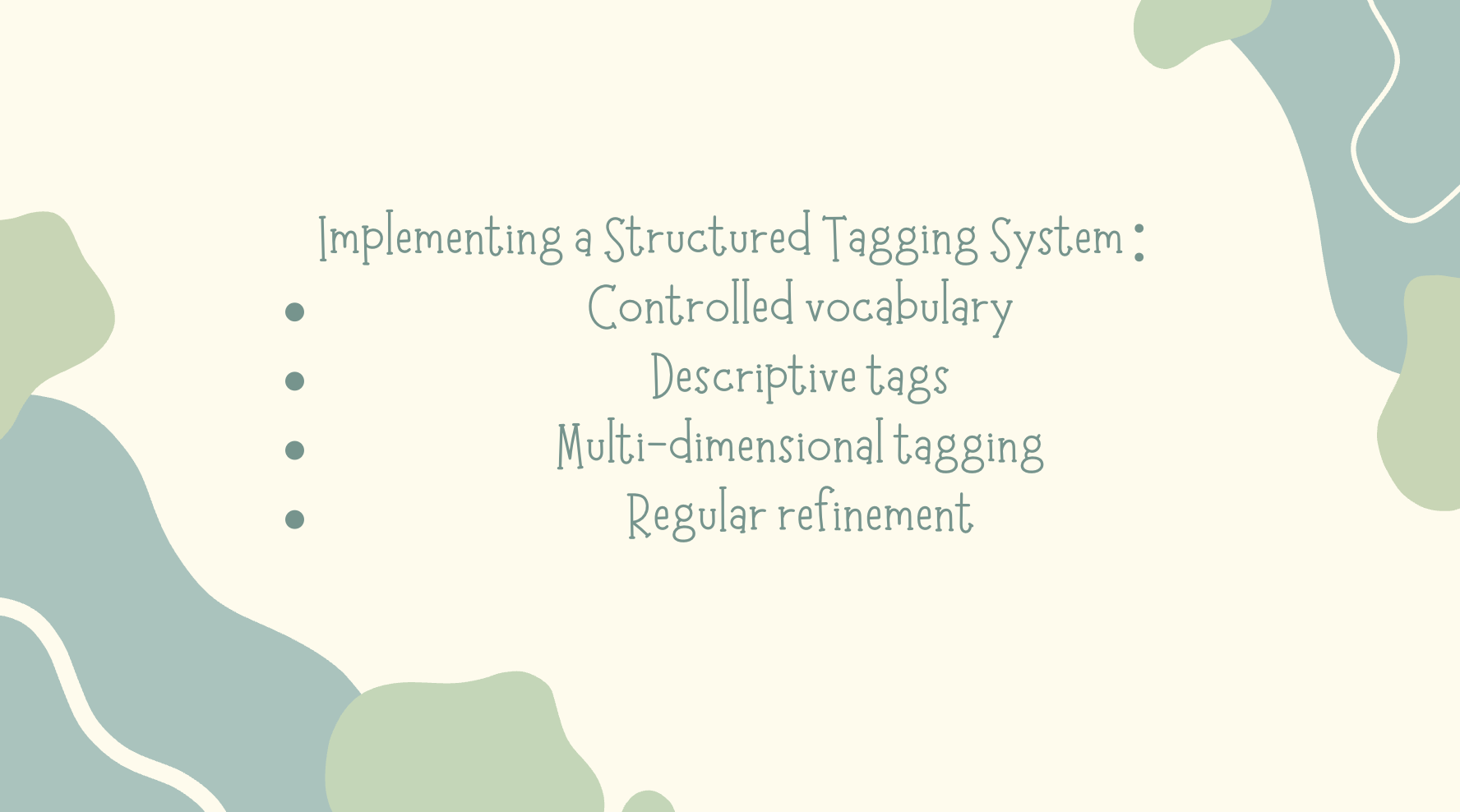
The Challenge of Managing Research Knowledge
Information Overload in Academic Research
In today's digital age, the sheer volume of academic publications is staggering. Millions of research papers are published annually across various disciplines, creating a tsunami of information that researchers must navigate. This exponential growth in academic literature presents a significant challenge for scholars, students, and knowledge workers alike.
As a researcher, you've likely experienced the overwhelming feeling of trying to stay updated with the latest findings in your field. It's not just about reading papers; it's about understanding, synthesizing, and integrating this vast amount of information into your own work. The pressure to keep up can be intense, often leading to stress and reduced productivity.
Moreover, the interconnected nature of modern research means that breakthroughs in one field can have profound implications for others. This interdisciplinary approach, while valuable, further compounds the challenge of managing and making sense of the ever-expanding body of knowledge.

Traditional Methods vs. Modern Solutions
For decades, researchers relied on manual note-taking, physical filing systems, and memory to organize their knowledge. While these methods have served us well in the past, they're increasingly inadequate in the face of today's information deluge. Let's consider some limitations:
Time-consuming: Manually sorting through papers and notes is incredibly time-intensive.
Limited searchability: Finding specific information in physical notes can be like searching for a needle in a haystack.
Lack of scalability: As your research grows, traditional systems become unwieldy and difficult to maintain.
Isolation: Physical notes make collaboration and sharing insights challenging.
Enter digital research knowledge bases. These modern solutions leverage technology to address the shortcomings of traditional methods. They offer powerful search capabilities, easy organization, and the ability to handle vast amounts of information. But not all digital solutions are created equal.
The most advanced tools, like Ponder, go beyond simple digital storage. They use artificial intelligence to actively assist in organizing, analyzing, and connecting information. This shift from passive storage to active knowledge management represents a quantum leap in how we approach research and learning.
Leveraging AI for Efficient Knowledge Management
AI-Powered Document Analysis
Artificial Intelligence is revolutionizing the way we process and understand academic literature. AI-powered document analysis tools can quickly extract key information from research papers, saving you countless hours of manual work. Here's how it's changing the game:
Rapid information extraction
Contextual understanding
Consistency
Scalability
The benefits of automated summarization and keyword extraction are particularly noteworthy. Instead of spending hours poring over each paper, you can quickly get the gist of its content. This allows you to decide more efficiently which papers warrant a deeper read and which ones you can set aside.
Moreover, AI-generated keywords and tags make it easier to categorize and find papers later. This systematic approach ensures that no valuable insight gets lost in the shuffle. It's like having a tireless research assistant who never sleeps and always remembers where everything is.
Intelligent Knowledge Mapping with Ponder
Ponder takes AI-assisted research to the next level with its innovative knowledge mapping feature. This tool transforms complex academic papers into interactive visual maps, revolutionizing how we interact with and understand research content.
Imagine uploading a dense, 30-page paper and instantly seeing a clear, structured representation of its key concepts, methodologies, and findings. That's the power of Ponder's AI-driven knowledge mapping. Here's why it's a game-changer:
Visual learning: Our brains process visual information much faster than text. Knowledge maps tap into this, accelerating comprehension.
Relationship identification: The maps highlight connections between different concepts, helping you spot patterns and insights you might have missed.
Easy navigation: Click on any node in the map to dive deeper into that specific topic or concept.
Customization: You can adjust and expand the maps, adding your own notes and connections as you delve into the material.
By transforming papers into interactive visual maps, Ponder makes it 10x faster to grasp key ideas. This isn't just about saving time; it's about enhancing your understanding and retention of complex information. The spatial arrangement of concepts helps you see the big picture while also allowing you to zoom in on specific details.
Organizing Your Research Knowledge Base
Implementing a Structured Tagging System
A well-organized tagging system is the backbone of an efficient research knowledge base. It's like creating a custom index for your personal library of information. Here are some best practices for creating consistent and meaningful tags:
Develop a controlled vocabulary
Use specific and descriptive tags
Consider multiple dimensions
Review and refine regularly
Hierarchical tag structures can significantly enhance your organization. They allow you to create relationships between tags, making navigation and filtering much more intuitive. For example:
Top-Level Tag | Sub-Tags |
|---|---|
Methodology | Quantitative, Qualitative, Mixed |
Study Design | Experimental, Observational, Review |
Creating Dynamic Connections Between Ideas
One of the most powerful aspects of a digital research knowledge base is the ability to create dynamic connections between ideas across different papers. This interconnectedness can lead to new insights and a deeper understanding of your field. Some techniques to maximize this potential include cross-referencing, concept mapping, thematic grouping, and temporal connections.
Ponder's multi-document comparison feature takes this to another level. It allows you to visually compare the knowledge maps of multiple papers side by side. This makes it incredibly easy to spot similarities, differences, and potential connections that might not be apparent when reading the papers separately.
By actively creating these connections, you're not just storing information; you're building a dynamic, interconnected knowledge ecosystem. This approach transforms your research knowledge base from a static repository into a living, evolving tool that actively supports your research process.
Enhancing Collaboration in Research Teams
Shared Knowledge Bases for Improved Teamwork
Collaboration is the lifeblood of modern research, and a shared knowledge base can significantly enhance teamwork. Ponder offers powerful features for setting up collaborative research spaces that can transform how your team works together. Maintaining a centralized team knowledge base offers numerous benefits, including reduced duplication of effort, improved knowledge transfer, enhanced cross-pollination of ideas, and better continuity.
Remember, a shared knowledge base is more than just a collection of documents. It's a living repository of your team's collective intelligence. Treat it as a valuable asset and invest time in its maintenance and growth.
Streamlining Peer Review and Feedback Processes
Effective peer review and feedback are crucial for maintaining research quality and fostering innovation. Ponder's collaborative features can significantly streamline these processes, making them more efficient and productive. Implementing version control for evolving research ideas is another crucial aspect of streamlining collaboration.
By leveraging these collaborative features, you can transform peer review from a time-consuming chore into a dynamic, interactive process that genuinely enhances the quality of your research.

Optimizing Your Research Workflow with Ponder
Seamless Integration of Search and Analysis
One of the most powerful features of Ponder is how it seamlessly combines literature search with instant analysis. This integration can dramatically streamline your research process, saving you countless hours and helping you uncover insights more quickly.
This seamless integration transforms the traditionally linear process of search, read, analyze, and integrate into a more dynamic and efficient workflow. You're no longer just collecting papers; you're instantly adding to and enriching your knowledge base with each new discovery.
Customizing Your Research Environment
Ponder's digital canvas is highly customizable, allowing you to create a research environment tailored to your specific needs and preferences. This personalization can significantly boost your productivity and make the research process more enjoyable. By customizing your research environment and creating project-specific workflows, you're not just using a tool – you're crafting a personalized research assistant that adapts to your unique needs and work style.
Conclusion: Revolutionizing Research with AI-Powered Tools
Measuring the Impact on Research Productivity
The impact of AI-powered tools like Ponder on research productivity is nothing short of revolutionary. Researchers report significant time savings, increased output, improved collaboration, and enhanced comprehension. These benefits represent a fundamental shift in how research is conducted, freeing up mental space for creative thinking and deeper analysis.
Future Trends in AI-Assisted Academic Research
As we look to the future, the potential for AI in academic research is boundless. Exciting trends include advancements in Natural Language Processing, predictive analysis, automated experiment design, and cross-disciplinary insights. Ponder is at the forefront of these developments, constantly evolving to meet the changing needs of researchers.
In conclusion, AI-powered tools like Ponder aren't just changing how we do research; they're expanding what's possible in academic inquiry. By embracing these tools and the new methodologies they enable, we're opening doors to discoveries and insights that were previously unimaginable. The future of research is here, and it's more exciting than ever.
